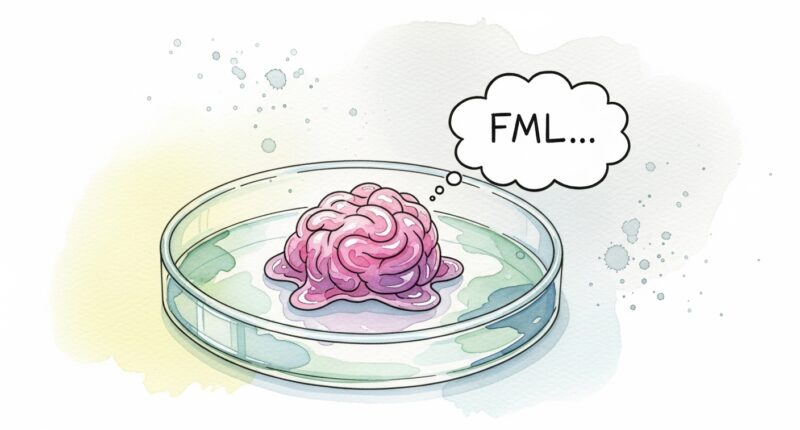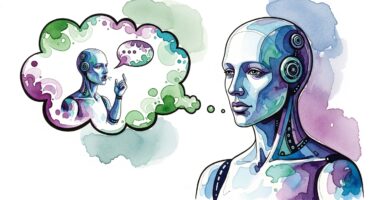More than 90 per cent of Japanese citizens expressed serious hesitation or outright refusal to donate cells for human brain organoid research under current consent systems, citing concerns that the lab-grown structures could develop the capacity to think and have consciousness in the future.
The study, published in Frontiers in Genetics, found that only 15 per cent of respondents were willing to give broad consent for their cells to be used in brain organoid research after learning about the technology. Some 36 per cent outright refused to donate their cells under broad consent, whilst another 37 per cent said their willingness would depend on specific conditions, such as the purpose and ethical use of the cells.
Researchers can culture donor-derived cells in laboratories to create three-dimensional, self-organising structures that closely mimic human brain development, known as human brain organoids or HBOs. Whilst they offer unprecedented insight into neurological diseases, the technology raises ethical issues around the possibility of sentience or self-awareness developing in future iterations.
“HBOs are fraught with controversy, because it is believed with future research that they will develop the capacity to think and have consciousness,” said Tsutomu Sawai, professor at Hiroshima University and one of the authors of the study. “It is not unreasonable to conclude that donors could not have imagined this possibility when consenting to donate their cells to science.”
Fear of unknown HBOs
Currently, donors typically provide broad consent, agreeing to have their cells used for a wide range of future experiments, including those that may not be possible at the time of donation. To test public attitudes towards HBO research, Sawai and his colleagues conducted a survey recruiting over 300 Japanese residents. Notably, they found that more than 90 per cent of participants were unaware of HBOs before the survey.
An analysis of the reasons for this reluctance suggests that for morally complex areas of research, donors prioritise understanding the purpose, potential benefits, and ethical safeguards of the research, as well as the trustworthiness of the researchers, before volunteering their cells. These findings are consistent with interviews and workshops on HBOs taken in European countries and the US, making this a global challenge for current practices in cell donation.
“This consent empowers the donors with the decision only after fully understanding the details of the research,” said Masanori Kataoka, contributing associate professor at Hiroshima University. “Importantly, it respects the moral view of the donor, which we believe is more likely to encourage donations.”
To maintain public trust and a vital donor pool, the study concludes that organisations relying on volunteers to provide cell samples should adopt project-specific consent for ethically sensitive research topics, allowing donors to make informed decisions only after fully understanding the research details.











